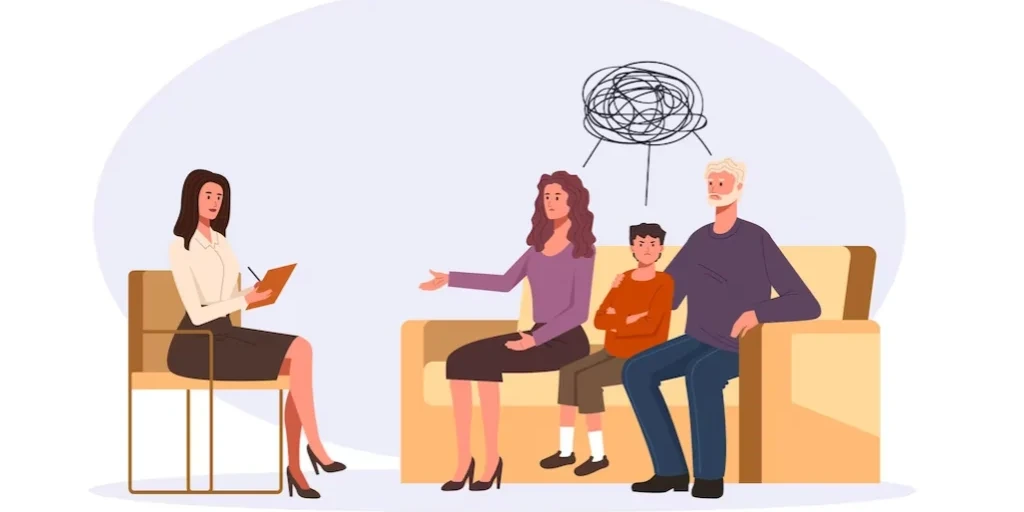24/7 Helpline:
(866) 899-221924/7 Helpline:
(866) 899-2219
Learn more about Opiate Detox centers in Murray County

Other Insurance Options

BlueShield

Lucent

Highmark

UMR

Premera

Health Choice

State Farm

Medical Mutual of Ohio

Coventry Health Care

GEHA

CareFirst

Holman Group

Optum

Regence

Humana

Self-pay options

AllWell

Molina Healthcare

Health Partners

Carleon

















